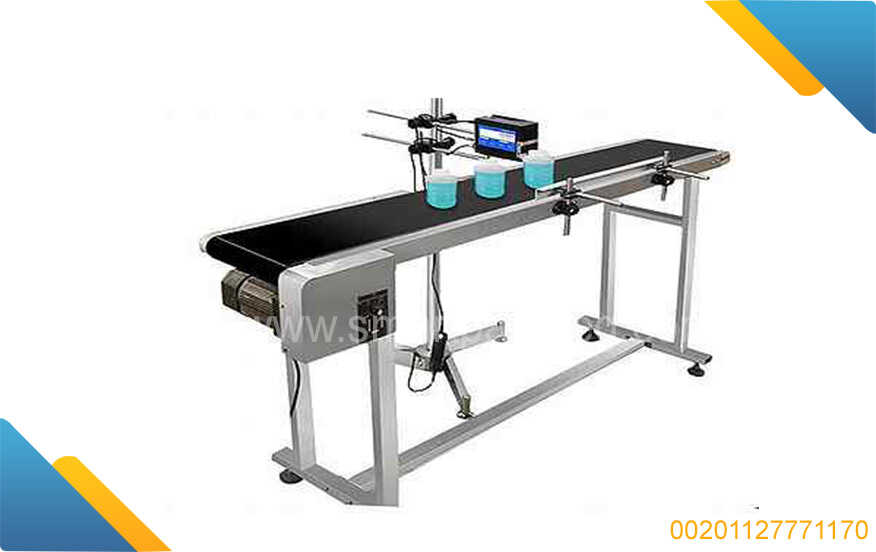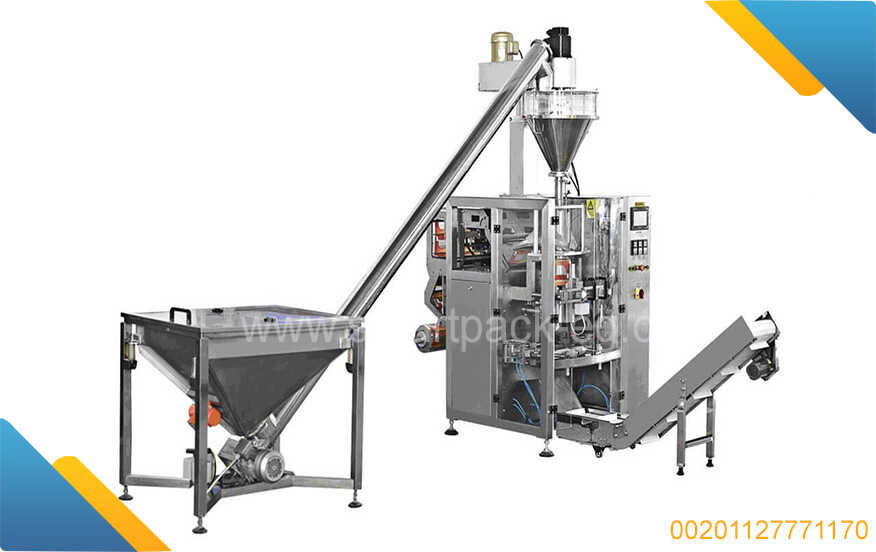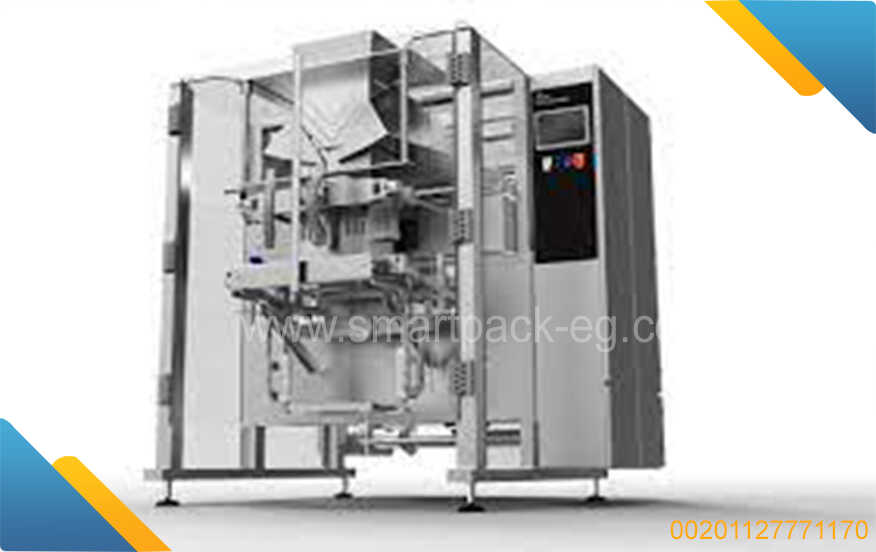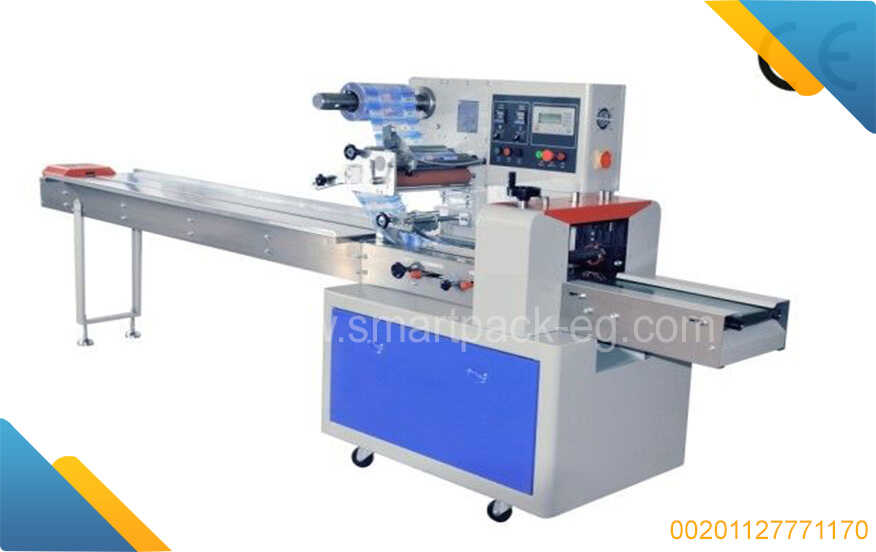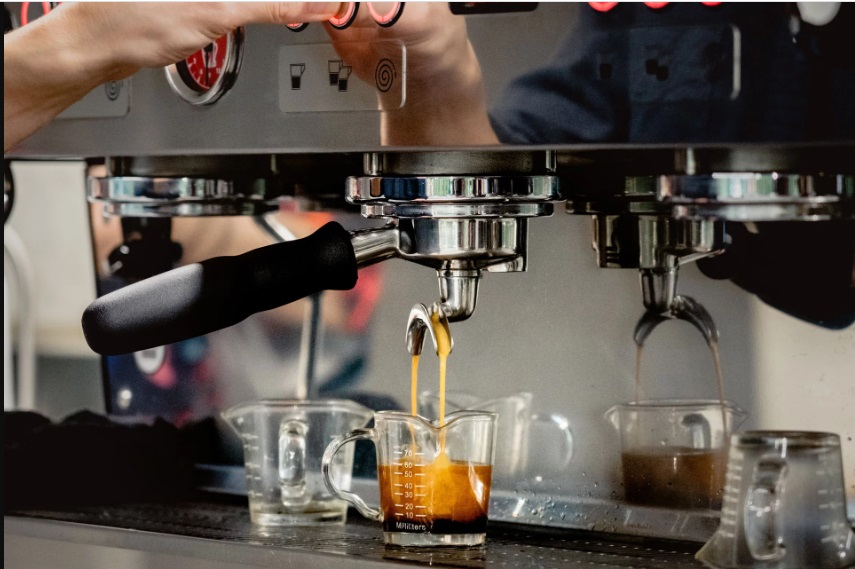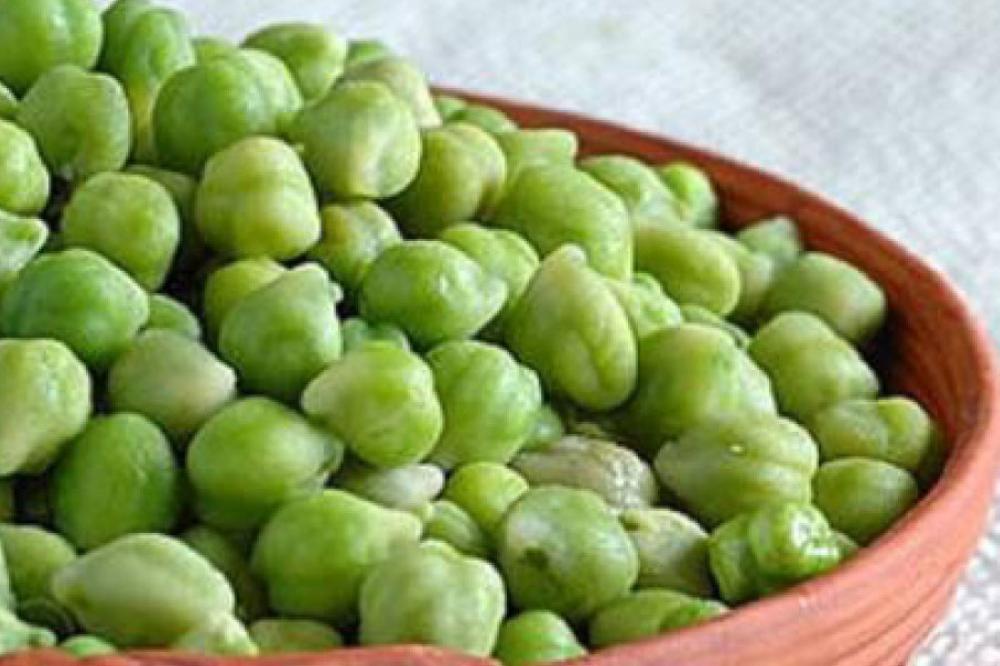Title: A Comprehensive Guide to Pesticide Factories in Jordan: Exportation to Egypt and Packaging Procedures
Introduction:
In recent years, the pesticide industry has gained tremendous momentum globally, contributing significantly to the agricultural sector. This guide aims to provide useful insights into pesticide factories in Jordan, emphasizing the exportation of pesticides from Jordan to Egypt and shedding light on how these products are packaged. By understanding these processes, stakeholders can ensure the safe and efficient distribution of pesticides while protecting the environment and human health.
I. Pesticide Factories in Jordan:
Pesticide factories in Jordan play a crucial role in meeting local and international demand for effective crop protection products. These factories adhere to rigorous quality control standards and follow international safety regulations to produce pesticides that mitigate pest-related risks effectively.
II. Exportation of Pesticides from Jordan to Egypt:
-
Regulatory compliance:
- Prior to exporting pesticides from Jordan to Egypt, it is important to ensure compliance with relevant regulatory bodies such as the Egyptian Ministry of Agriculture.
- Familiarize yourself with both countries' pesticide regulations and any specific requirements outlined by Egyptian authorities.
-
Documentation and permits:
- Obtain an Export License from the Jordanian Ministry of Agriculture, which verifies that the pesticides meet the specified standards for exportation.
- Prepare the necessary export documentation, including a Certificate of Analysis, Material Safety Data Sheets (MSDS), and a Phytosanitary Certificate issued by the Jordanian Plant Protection Directorate.
- Collaborate with a registered shipping company experienced in handling hazardous materials, ensuring proper shipping manifests are completed.
-
Transportation:
- Select appropriate modes of transportation, either by land or sea, that comply with international standards for safe transportation of hazardous materials.
- Ensure packaging conforms to international regulations, including UN-approved containers, labeling, and proper sealing to prevent leaks or spills during transit.
-
Customs clearance:
- Familiarize yourself with Egyptian customs procedures and requirements for importing pesticides.
- Provide all necessary documentation to expedite the customs clearance process and ensure a smooth transition at the port of entry.
III. Packaging Procedures:
-
Selecting appropriate packaging materials:
- Pesticides must be packaged in high-quality containers that meet the specific regulatory requirements of both countries.
- Common packaging materials include high-density polyethylene (HDPE) bottles, drums, or bags with appropriate closure systems.
-
Labeling requirements:
- Ensure that each pesticide container is clearly labeled with product information, including the product name, active ingredients, concentration, manufacturer details, batch number, expiry date, hazard symbols, precautionary statements, and instructions for use.
- Labels should be durable and resistant to environmental factors such as moisture, sunlight, and abrasion.
-
Proper storage and warehousing:
- Establish adequate storage facilities that comply with both Jordanian and Egyptian regulations, including temperature control, ventilation, and segregation requirements.
- Implement measures to prevent cross-contamination and ensure proper inventory management to avoid expired products.
Conclusion:
Pesticide factories in Jordan play a vital role in meeting the demand for effective crop protection products, not only domestically but also regionally. The exportation process to Egypt requires careful adherence to regulatory guidelines and proper packaging procedures to ensure the safe transportation and handling of these products. By following best practices and maintaining compliance with relevant regulations, stakeholders can contribute to the sustainable use of pesticides while safeguarding human health and the environment.

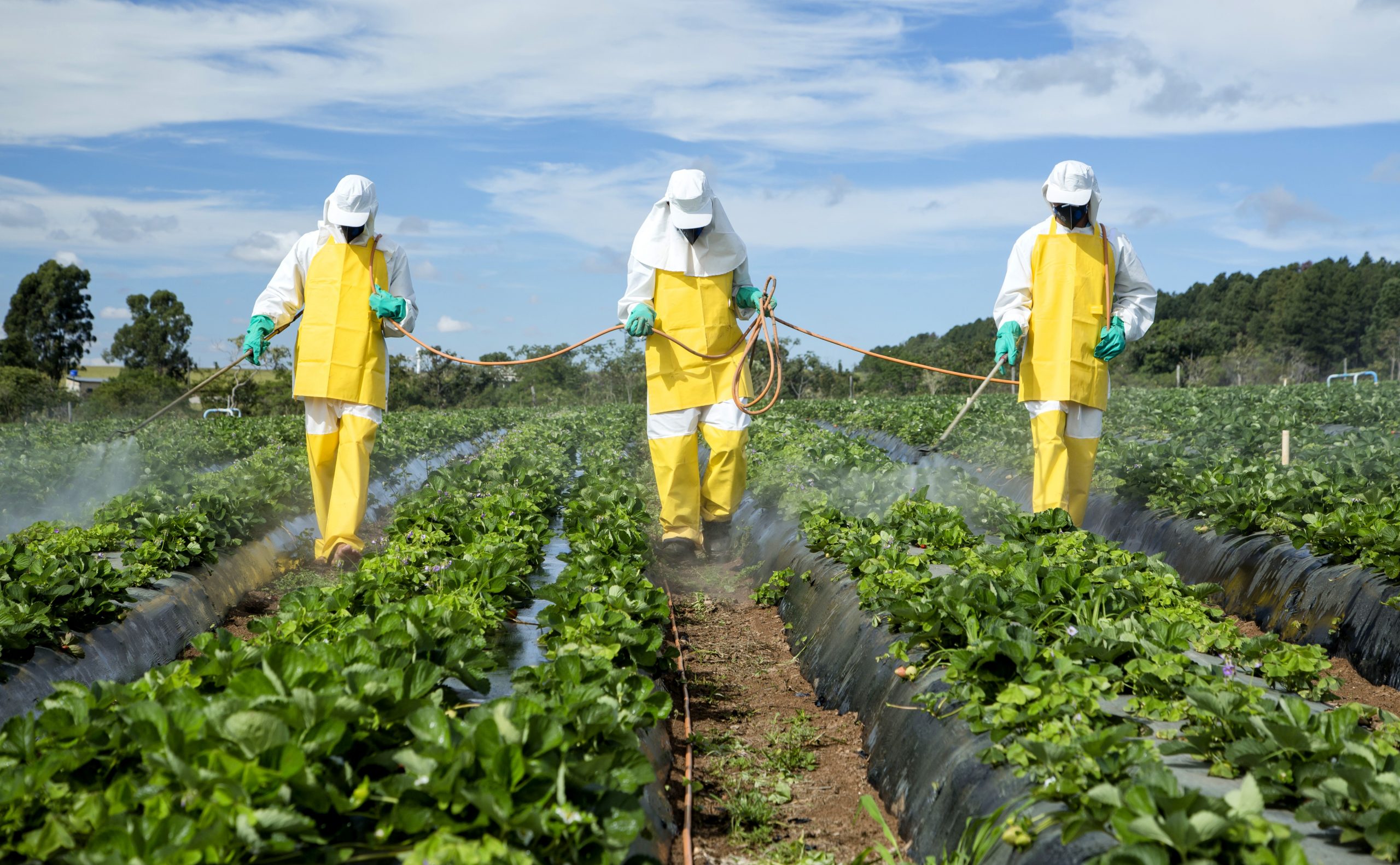

 Admin
Admin 